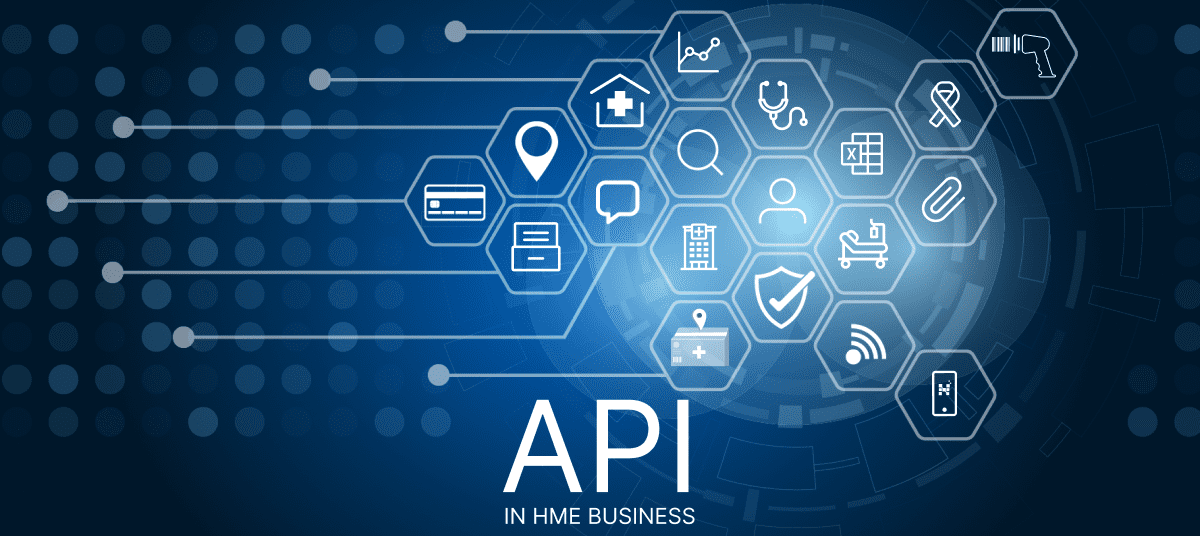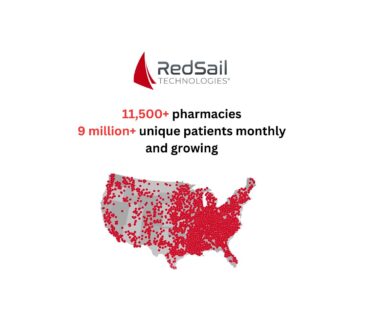It is no secret that many HME/DME suppliers operate on a multitude of systems and processes to accomplish business functions. From e-commerce sites, CRM, inventory billing, and collection solutions, oftentimes, these fragmented systems require repetitive and manual tasks to accomplish the work at hand to move data between systems. These slow and manual processes cost time and money, leading to inefficiencies across the supply chain while increasing human error and impacting a business’s bottom line.
Many HME/DME suppliers operating on dated technology platforms are limited to the capabilities of the systems themselves. Businesses struggling to bridge data from obsolete file sharing protocols or limited API functionality find themselves faced with repetitive data entry across systems.
Quickly Transform the Way Your Team Works with Pre-Built APIs
An Application Programming Interface (API) is an interface that allows for a connection between systems to talk to each other. Data can be exchanged between systems, allowing each system to interpret and present the information you want in a readable way.
Let’s assume that you are using a CRM solution to manage your sales and marketing efforts. In your patient management and billing system resides all of your order data, including referring providers, items, and financial detail. You may be currently passing some data between systems or, more likely, entering it manually into your CRM. Using a pre-built API can effectively and automatically pass data between systems enabling your team to have the needed real-time data with a no-touch approach.
With retail becoming an increasing share of many businesses in the home medical equipment industry, many suppliers are capitalizing on e-commerce websites. These sites allow patients to place orders, identify co-insurance and co-pays and pay bills. However, the common struggle is connecting these e-commerce websites to backend patient management, fulfillment, and billing systems. The lack of connectivity leads to fragmented processes, including multitasking, slower and inaccurate order fulfillment, and a poor patient experience. With a powerful and interconnected ecosystem, leveraging a pre-built API can pass order information between systems, including item stock availability, order tracking, insurance, and payment information.
Automation for Everyone
Bring data and streamline workflows across systems making jobs more accessible and your teams more productive. If you are looking to spark inspiration on how your team can save time and automate repetitive tasks with NikoHealth’s pre-built API, contact us today.








Comments
Hello, we are looking to integrate Salesforce with Niko. Could you kindly provide some info?
Hi Derek, we will contact you shortly. Thanks